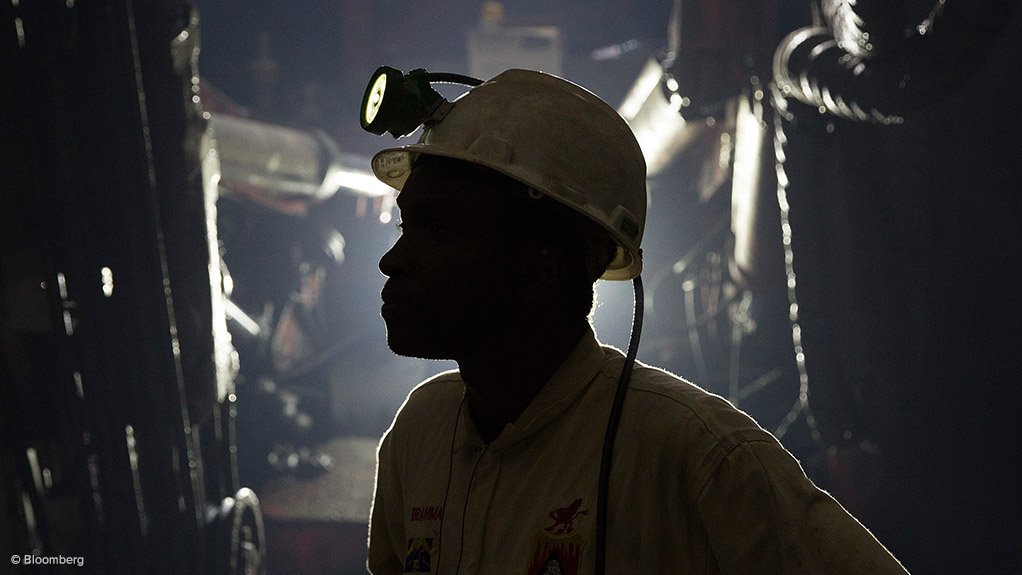Mathatisi Sebusi
FORMER mine workers who contracted silicosis and tuberculosis (TB) while working in South African mines allege that the Tshiamiso Trust, which is mandated to compensate them, is depriving them of their rights.
They are not getting the full amounts they believe they are entitled to after some “inexplicable” deductions by the trust handling their compensation issues.
For instance, in a recent interview with the Lesotho Times, 68-year-old Lejone Mashoai, said that after undergoing medical check-ups, he was diagnosed with Class 1 silicosis, making him eligible for compensation.
Mr Mashoai holds a certificate from the Tshiamiso Trust confirming his condition and entitlement to a compensation amount of M70 000.
However, to his dismay, Tshiamiso Trust only paid him M36 309.73 without providing an explanation for the discrepancy. Despite seeking assistance from the Ex-Miners Association - Lesotho, his concerns remain unresolved.
Mr Mashoai began working in the South African mines in 1980 and retired in 2013 after a medical assessment determined he was unfit to continue due to silicosis.
During his career, he worked as a development team leader at UNISEL Gold Mine under Harmony Gold Mining Company, as well as at East Driefontein Gold Mine and Kloof Gold Mine.
Mineworkers who sustained permanent lung damage from work-related TB or silicosis in South African gold mines are eligible for compensation, with Tshiamiso Trust responsible for ensuring they receive it.
The Trust was established to implement a settlement agreement reached between six mining companies and claimant attorneys in the historic silicosis and TB class action.
The companies involved are African Rainbow Minerals, Anglo American South Africa, AngloGold Ashanti, Harmony Gold, Sibanye Stillwater, and Gold Fields.
According to Mr Mashoai’s silicosis certificate from Tshiamiso Trust, which the Lesotho Times has seen, M33 690.27 was deducted as a cost for “risk work performed outside qualifying mines and qualifying period,” leaving him with M36,309.73 in compensation. This all sounds incomprehensible to Mr Mashoai.
The Director of the Ex-Miners Association Lesotho, Rantšo Mantsi, confirmed Mr Mashoai’s concerns.
Mr Mantsi said “Tshiamiso Trust is short-changing many ex-miners”.
Mr Mashoai said the ex-miners did not know how to get their issues resolved.
“We feel powerless to resolve these issues, as numerous associations and even the government are interfering in the compensation process. We don’t know what to do when these problems arise,” Mr Mashoai said.
In response, the Tshiamiso Trust’s Stakeholder Relations and Communications Manager, Lusanda Jiya, suggested that the reduction in Mr Mashoai’s compensation might have been due to a benefit modifier.
“The likely reason could be that Mr Mashoai worked in a non-qualifying mine, meaning a mine not owned by one of the six companies included in the Tshiamiso Trust settlement. The deduction of R33 690.27 is detailed in the notification he received for risk work outside Qualifying Mines and Qualifying Period,” Ms Jiya explained.
Ms Jiya acknowledged that ex-miners often struggle to accept these deductions, even when they understand the payment processes.
“The Tshiamiso Trust is a settlement stemming from a class action lawsuit that became a court order. The six mining companies agreed to compensate workers based on the time spent in mines they owned during the qualifying period.”
She also advised Mr Mashoai to file a claim with the Medical Bureau of Occupational Diseases (MBOD), which covers all mines.
To date, Tshiamiso Trust has disbursed M1.752 billion to 18 973 claimants from South Africa, Lesotho, eSwatini, and Mozambique. In Lesotho alone, they have paid M741 438 032 to 8257 claimants out of the 52 675 claims received.

